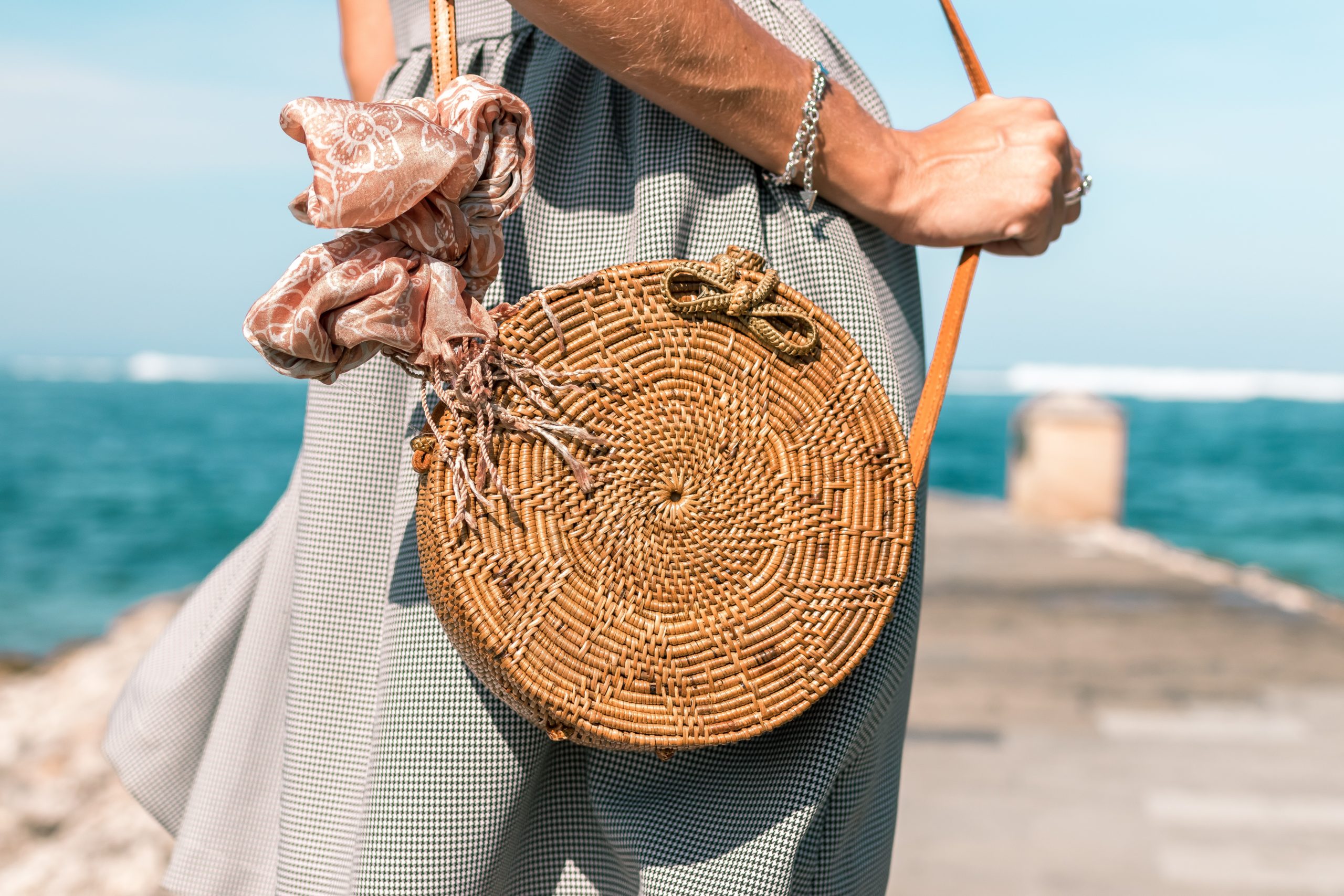“The Tone-Up” amplifies the voices of Muslim women who have something exclusive about Muslim women to talk or rant about. In this instalment, Maram Alhasan talks about the therapeutic power of writing to help navigate the toughest situations in life.
Finding Peace Through Writing:
I always consider writing to be my shelter when life decides to unleash its dark clouds into my sky. Whether it is a light rain shower, a thunderstorm, or a raging tornado, writing manages to overpower them all and shield me in a bubble of calm and peace. I grew up in the Middle East, where peace is a controversy. where war is invadable and dead children are simply seen as collateral damage. I used to live in Jordan, which was and still is safe and stable thankfully, yet many of the countries around it were sinking in war. Whether it was Gaza, Palestine, Iraq, Syria, and other neighbouring regions, conflicts were surrounding Jordan from all sides. My 8-year-old self would watch the News every day with my father, as they showed live footage from a recently bombed site. I would ask myself “what if this happens to us tonight?! What if we wake up to find ourselves buried under the rubble of our home, unable to breathe?! What if we survive and run outside to be met with the sight of demolished homes drenching in blood, surrounded by the ashy air and the smell of burnt flesh?! Would we be on the news just like them?!”
Even though I was just a child, my father would never tell me to look away when a graphic or violent moment came on the News. Perhaps he had the same questions lingering in his mind as well, and he wanted me to be aware of the worst-case scenario that we could face one day. When my parents were little children, they themselves suffered at the ruthless claws of war. During the 1948 “Nakba” and the Israeli occupation of Palestine, they fled to Jordan with their families, along with hundreds of thousands of people. They left their homes and everything they owned to survive the atrocities of that attack. They thought they would return shortly after things calmed down, yet 73 years had passed, and they were never allowed to set foot in the place they once called home.
Every night right after I finished my schoolwork, I would start writing about my fear and sadness that I had trapped at the back of my mind during the day. The fear of becoming a war victim one day and the sadness for all of those children, whose lives were cut short with no warning. I would write poems and short stories, and almost every piece of writing that I did would be about a child surviving the atrocities of war. I could not care less about politics, yet all that mattered to me was the suffering of those innocent people. I was always wondering about the way all these children and their families could survive, “If only there was a big building with strong walls that can withstand weapons and explosives, where they can all live happily and safely!” I would always tell myself. Maybe that place does exist, yet it is not in this world we know. Some might consider it strange that a little kid would have such thoughts, yet at the time and place of my childhood, these ideas probably exhausted the minds of most children living in and near conflict zones.
I remember waking up one day with the sound of the News being louder than usual. I came out of my room into the living room rubbing my eyes and wishing I could skip school and stay home for the day. I looked at my parents, who were clearly upset by what the reporter was saying. My older sister was sitting on one of the couches, so I slipped next to her and whispered, “what is going on?!” She answered with a shiver in her voice, “Iraq was hit…”. It took me a few moments to process what she said, then it became clear to me why my dad had his shaking hand resting on his forehead and why my mom crossed her arms around her chest with tears hanging at the edge of her eyes. I remembered that my older brother was studying medicine at a university in Iraq at the time. I was not as good as my mom with the tears, as they fell off the edge and trickled down the slope of my colourless cheeks.
My brother spent a couple of heart-wrenching years there, then luckily the king of Jordan brought all the Jordanian students home and they were later enrolled in local universities. It was such a hard experience for all of us. Even though my brother was never physically harmed, those feelings of fear and uncertainty of what might happen to him were brutal. My empathy towards those who were living in an actual war zone multiplied, and I could not stop writing, in both, English and Arabic. Because English education in Jordan was quite minimal, I basically taught myself English back then. The English curriculum, which was taught in middle schools in Jordan would be taught at the elementary level here in the US. I would constantly listen to English songs, watch documentaries, and just try to absorb what was being said. By the time I was 10 or so, I began to write stories and poems in English. I would not usually share my writing with anyone other than my family, however, my eighth-grade Arabic language teacher was impressed with my writing in the class-assignments and she asked me if I would be interested in participating in a national writing contest held amongst all schools across Jordan. I showed her some of my pieces and she liked them and nominated me to represent the school.
The interesting part was that there were two versions of this contest, one in Arabic and one in English. I told my English teacher that I write in English too, and she was quite excited to read some of my writing and sign me up on behalf of the school. I did not win the Arabic contest and ended up getting first place in the English short story category and second place in English poetry. That moment when they announced my name, I felt empowered and my love towards writing grew even stronger. From that point forward, I was constantly participating in events and competitions to tell the stories of my fictional characters, who represented the real pain and suffering of war victims.
I got married in 2011 and came to settle here in the United States. I was only 18 at the time. I have nine siblings, five brothers and four sisters, and the idea of leaving my big family behind and moving to a different country overwhelmed me, yet I knew I wanted to be with my husband and start our own family together. Despite those feelings, I was still excited to come to the US, a place that I have always loved and admired. Most of what I knew about it was from the songs and TV shows that I used to watch, and so I could not wait to come here and just thrive while making my version of the American Dream become reality. I was convinced that in America everyone is accepted and valued, and my mind was overwhelmed by all the plans and the goals I wanted to accomplish in this land of opportunity. However, when I got here, I was faced with one disappointment after another.
As a Muslim, Arab-American I have encountered different types of prejudice and racism throughout the ten years that I have lived here. The scarf that I wear on my head had caused people to give me many belittling looks, sarcastic laughs, and hurtful words, and my identity, which I have always been proud of, became a barrier standing between myself and many people in this country. I always felt like I had to put in double the work to get my goals done, because I did not only have to finish what was required of me, but I also had to prove a lot of things to a lot of people that I met throughout these years. I had to prove that the piece of cloth that I wear on my head does not compromise my ability to think, to create, or to succeed. I had to prove that I was not there to harm anyone in any way, and that I condemn violence in all of its shapes and forms, just like, and even more strongly than, any other American/ human being would. I had to prove that I did not come from a country, where all women are oppressed, and people ride camels to get to places. I had to prove all of that before I could get to the actual work.
Will I ever stop wearing my scarf to satisfy those strange mentalities? Absolutely not, because it is a choice that I made, which has become an essential part of who I am. Wearing my scarf resembles my relationship with god, and it is a way for me to express my gratitude for all the blessings he has given me in this life. It is a personal decision that I have made, and it is not harming any one around me in anyway, so why should I be attacked for it?! To be honest, as much as I do not let these incidents affect me, they have definitely taken a toll on me and have affected my mental well-being in one way or another. We are all humans at the end of the day, and we have limits to what we can handle in life, yet I am always determined to encourage people to look beyond the surface and try to see those who are different than them as fellow humans, who are just trying to live life in the best way possible.
writing was and still is a way for me to cope with life’s challenges, and even though I write about relatively different things now, writing is still able to give me the comfort that I look for. In addition to writing about the victims of war, I now write about my love for my own kids and the ups and downs of motherhood. I write about how hard I am trying to raise my children to be kind and tolerant individuals that respect people no matter where they come from or what they worship. I write about my struggles as an immigrant and my hopes of a more tolerant America. No matter what the topic is, I always encourage myself to keep writing. After I am done with any piece, I feel energized, refreshed, and much more prepared to take on the challenges that life puts my way.
I cannot deny that my writing has improved tremendously while doing my undergraduate and graduate degrees here in the US, as I was finally given the professional guidance that I needed to take my writing to the next level. Having to write many argumentative papers for my English classes trained me to follow some kind of structure in my writing and to try to make every word I write count. I will forever be grateful for my amazing professors and their great mentorship, and I appreciate every kindhearted person that I met along the way, who was not so consumed with appearances and just chose to respect people regardless of their colour, ethnicity, religion, etc. I guess the main point that I wanted to make through this piece of writing is that people are struggling everywhere, whether it is here in the US, the Middle East, and all around the world. We are all fighting our own battles, and we need to acknowledge the suffering of those around us, not only through our writing but through the way we choose to treat others and through our willingness to hear all parts of their stories.
This essay was culled from the Blog of Maram Alhasan. You can read more of her work here
Have anything to talk or rant about? ‘The Muslim Women Times’ is looking to expand the voices of Muslim women on issues affecting Muslim women. Send pitches or contributions to contribute@themuslimwomentimes.com along with your bio, social media handles and your favourite headshot. Read More on our Contributions Page.




